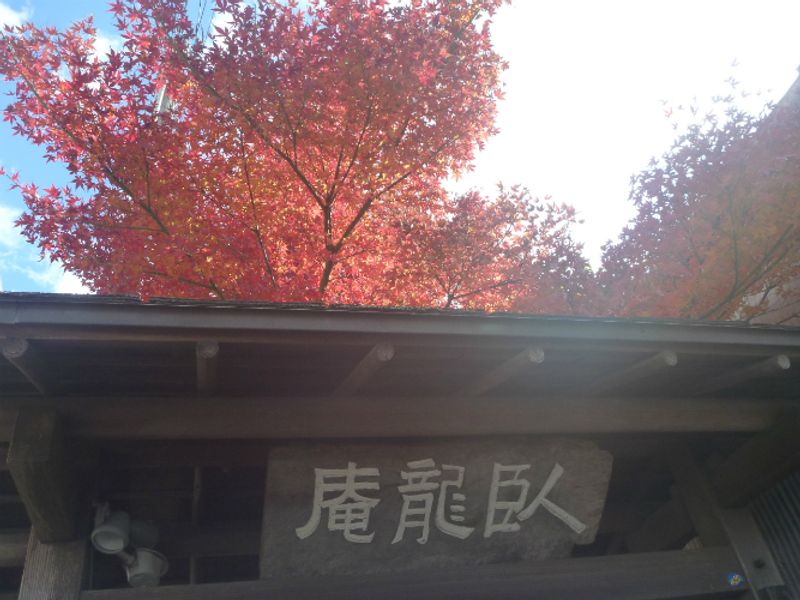Apr 26, 2016
Am I Qualified to Teach English in Japan?

What qualifications do you need to teach English in Japan?
This is probably the most common question I get.
I’m going to break it down for you in three simple answers.
A. English
You need to speak English as your native language or at native level. Schools are looking for citizens primarily from The US, Canada, The UK, Ireland, Australia, New Zealand, and anyone else who is a native English speaker or has studied in an English speaking school for at least ten years.
This is not super strict as it depends on the company you work for and your ability to qualify for a work visa. The case with mostly English speaking South Africa is difficulty to qualify for work visas – usually based on political reasons. I have met teachers (with great English) from Jamaica, The Philippines, India, Nepal, Kenya, and Zambia working as English teachers in Japan. The school or level you want to work at, your education, and your experience can be bigger factors. Most jobs teaching in Japan at public junior high or high schools prefer native English speakers with a North American accent. You have more flexibility teaching students in elementary school or younger, at English conversation schools, and with more education or experience.
B. Bachelors Degree
You need a bachelors degree. This is a requirement for getting a work visa with Instructor status so you can legally teach in Japan. There is no getting around this if you want a ‘full time’ job in a public school.
You Can apply for jobs if you plan to graduate soon, although you will need to provide proof of graduation or expected graduation to get the visa.
Conversation schools sometimes require Humanities (or student) visas, although they do not always sponsor visas or provide full time work with a one year contract. This may be a good option if you want to try teaching English but do not want a one year contract.
Many countries (unfortunately not the United States) participate in a “Working Holiday” program with Japan, so you might be able to live in Japan for a limited time and work part time in various positions without a degree.
C. Flexibility
All positions teaching English in Japan will expect you to be healthy and flexible. I don’t mean they want you to be able to do gymnastics. I mean that moving to another country is stressful, plus, to be a good teacher, being adaptable is really helpful. If you get really upset or stressed by things getting changed on you last minute, this may not be a good job for you. If you have never left the country you were born in, you might be okay, but be prepared to be open minded.
Your whole world will be different after you move to another country, so little things like being willing to try different foods (and living without familiar foods) will help you adapt to your new life. Having a good attitude and being open to try new things is VERY IMPORTANT.
Currently US citizens do not need a background check for a work visa in Japan. You don’t want to have anything on your background check, so be good, they may start to require it in the future. (Working in S. Korea requires a National FBI Criminal Background check.) Jobs with some companies, like the Jet Programme, do require a background check after you are hired.
Additional Notes:
You Do Not want a tattoo if you want to live in Japan or Korea.
If you currently have hand, face, or neck tattoos, this isn’t the job for you. If you’re thinking about it, I would strongly advise against it. Keeping a tattoo hidden means you have to be careful even outside of work during hot summer months. Plus hot springs in Japan are amazing and most of them don’t allow tattoos.
Professional positions don’t allow visible tattoos and you will most likely lose your job if you have one that is seen. Some young people don’t mind them as much, but you can’t work with students with a tattoo showing, no matter how innocent it is. Partially because teachers have a high status (and are held to higher standards) in Asia and partially because tattoos are associated with gangs and criminals, they will be frowned upon. This is drastically different from many places, so I want to warn you: it’s possible if it can be hidden, but not fun, if you have a tattoo in Japan.
By the way, to work overseas you need a passport so you can travel outside of your country. If your passport is going to expire during the time you would be working, you need to get it renewed before applying for the work visa, which will be placed in your passport.
Good Luck!



3 Comments
DaveJpn
on Apr 26
Yep, agree with this. Not qualifications as such, but to develop from this I would add; an open mind, a sense of humor, and quite a bit of energy (which I suppose ties in with the health point).
helloalissa
on Apr 27
@DaveJpn Yes, there is the expectation to be genki, and these days working in multiple schools is so common. Laughing every day really helps to keep a good attitude.
DaveJpn
on Apr 30
@helloalissa Yea, I know of a lot of ALTs who getting switched around every semester.